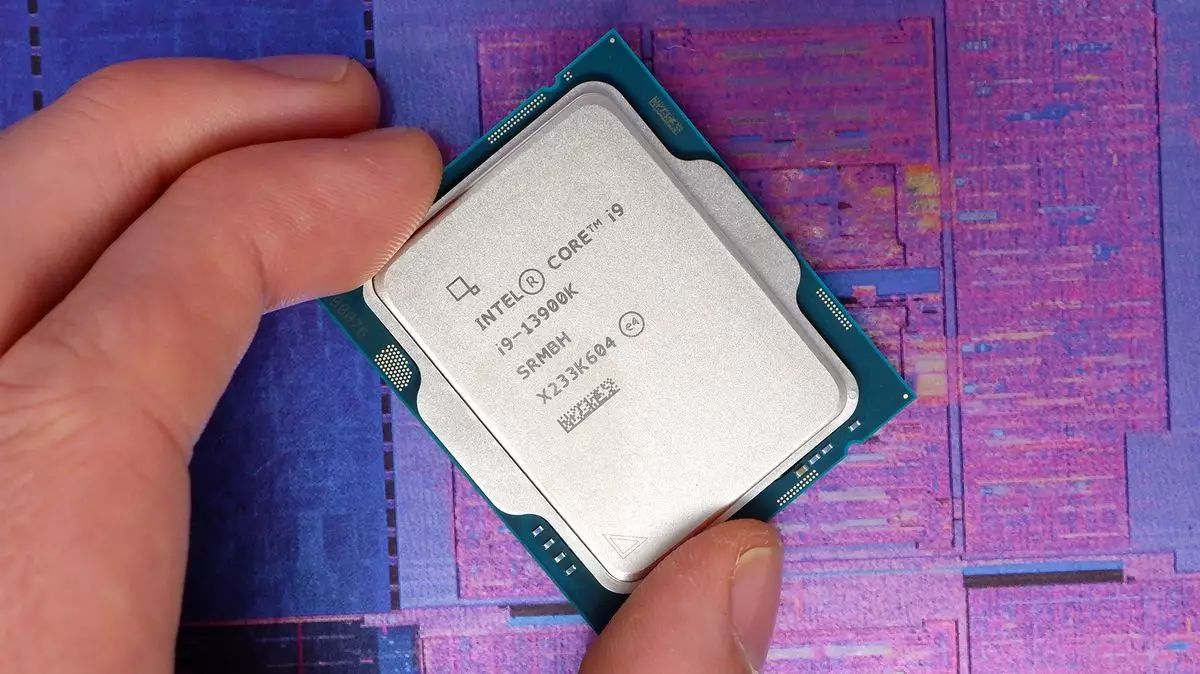Intel’s 13th and 14th Gen CPUs have been causing headaches for gamers and developers alike. Despite numerous attempts to diagnose and fix the stability issues, the problem persists, leaving many frustrated and unable to enjoy their gaming experience. Reports from various sources, including game studio Alderon Games, point to a disturbing trend of nearly 100% failure rate for affected processors. This is a significant concern that needs to be addressed promptly to prevent further disruptions in the gaming community.
In response to the stability issues, Intel has recommended changes to power profiles in the UEFI/BIOS, with some manufacturers implementing an Intel Baseline Profile in an attempt to address the problem. However, these measures have not provided a permanent solution, indicating that the root cause of the issue is still unknown. While Intel has patched some bugs that may contribute to instability, the core problem remains elusive, leaving users frustrated and uncertain about the reliability of their systems.
The severity of the stability issues is further highlighted by reports from datacenter service providers, who have seen a sharp increase in support incidents related to Intel 13th and 14th Gen configurations. This is particularly concerning as datacenters typically maintain strict power limits and temperature controls to ensure stability, yet they are still experiencing issues with these processors. The possibility of chip degradation has also been raised as a potential cause of the problem, with some datacenter CPUs showing a high failure rate over a short period of time.
The theory of chip degradation is gaining traction, with both industry experts and game developers voicing concerns about the long-term reliability of Intel’s 13th and 14th Gen CPUs. Alderon Games, in particular, has observed a worrying pattern of CPUs deteriorating over time, despite all efforts to update microcode, BIOS, and firmware. The prospect of a nearly 100% failure rate is alarming and underscores the urgent need for Intel to address these issues before more users are affected.
While Intel’s Raptor Lake CPUs boast impressive performance and clock speeds, the trade-off appears to be increased temperatures and potential stability issues. The reliance on high clock speeds to deliver peak performance comes with its own set of challenges, particularly in terms of managing heat dissipation and voltage regulation. Gamers may need to reconsider their expectations regarding CPU performance and take a more cautious approach to overclocking and system optimization to avoid encountering these stability issues in the future.
The stability issues plaguing Intel’s 13th and 14th Gen CPUs are a cause for concern among gamers and developers alike. The lack of a definitive solution from Intel and the increasing reports of chip degradation raise red flags about the long-term reliability of these processors. As users continue to grapple with crashes and instability, it is imperative for Intel to identify and address the root cause of these issues to restore confidence in their products and ensure a seamless gaming experience for all.


Leave a Reply